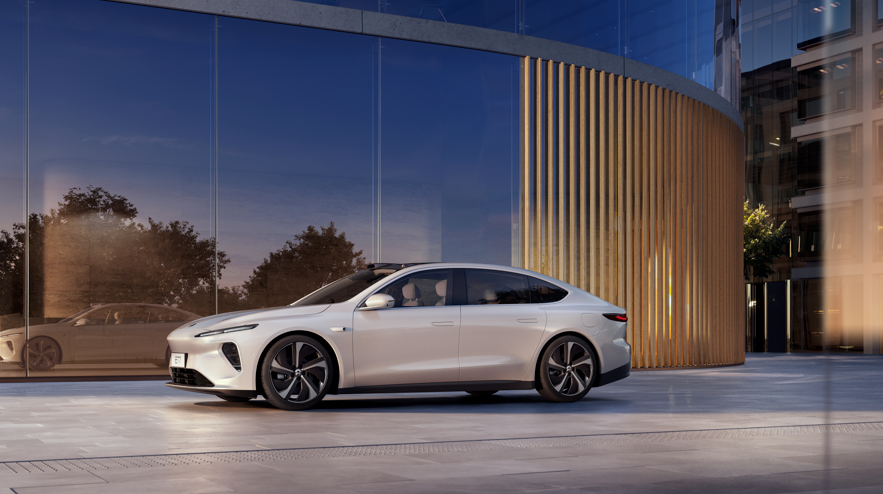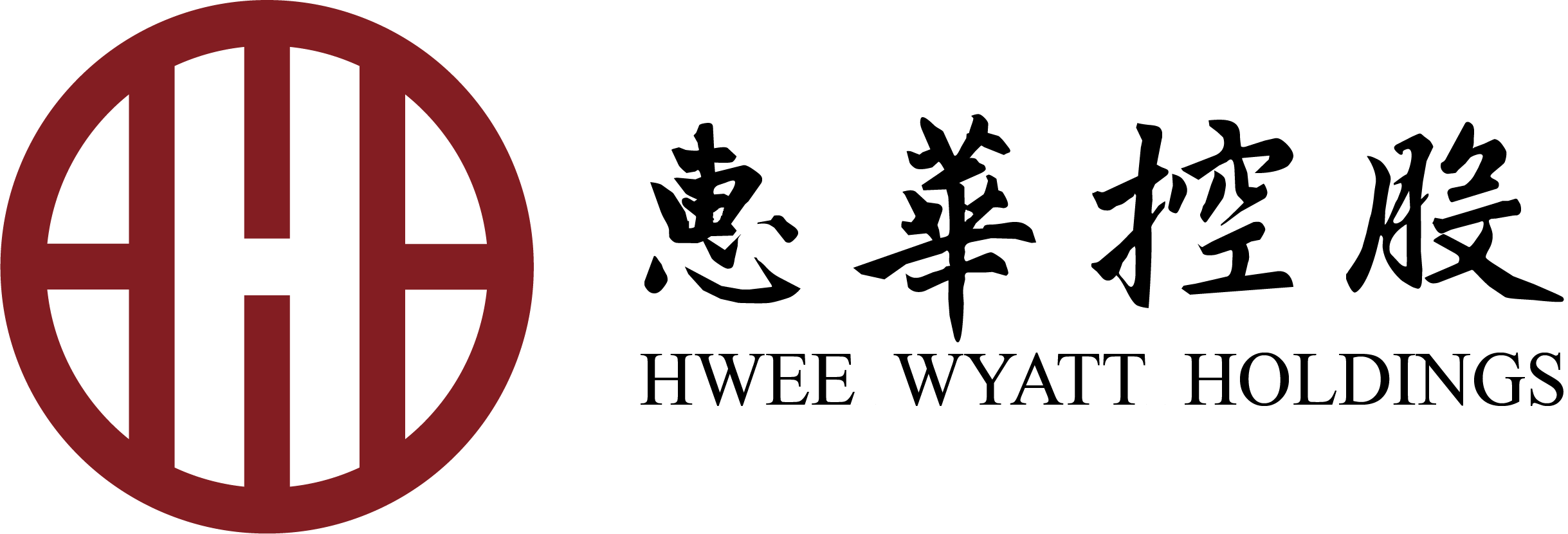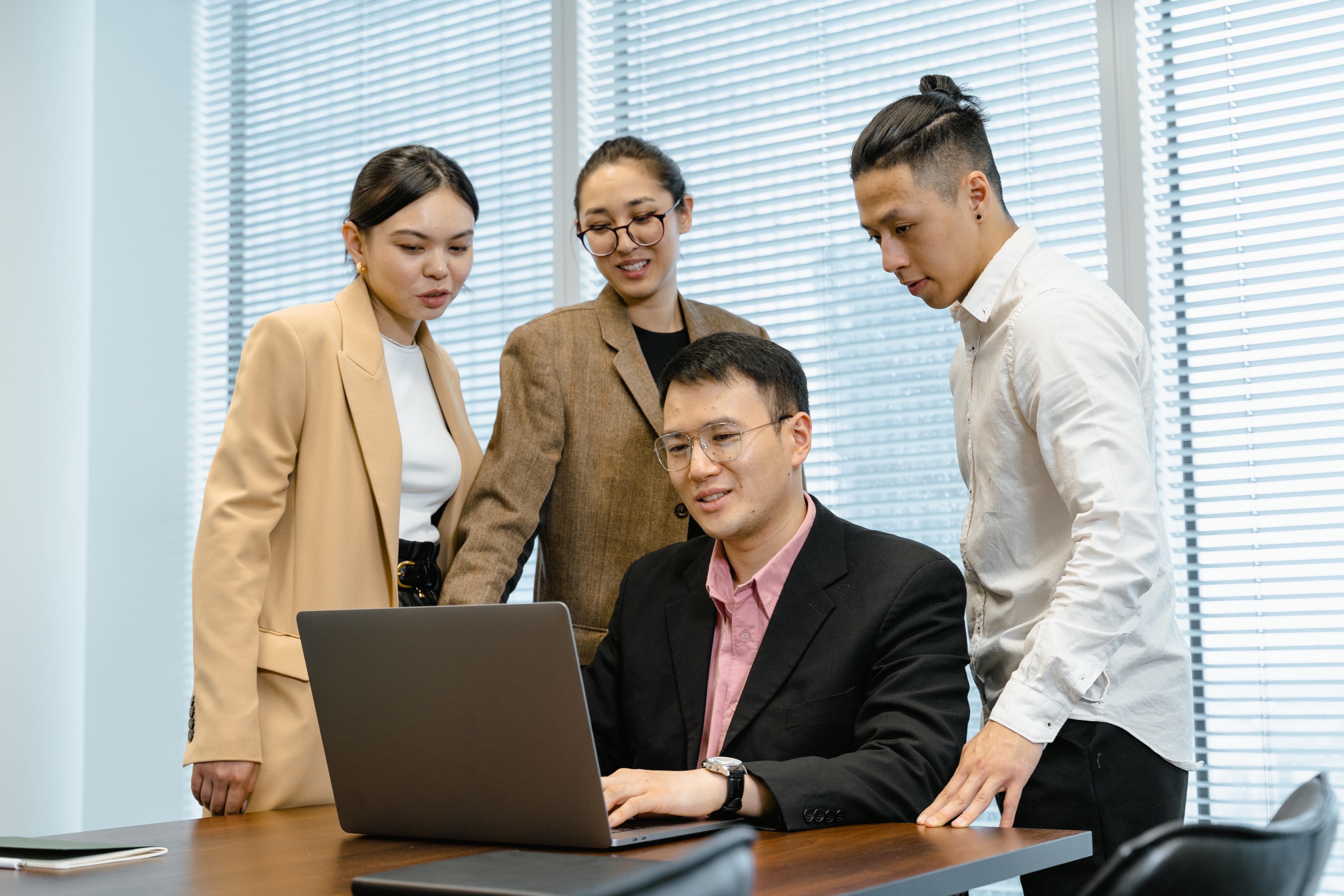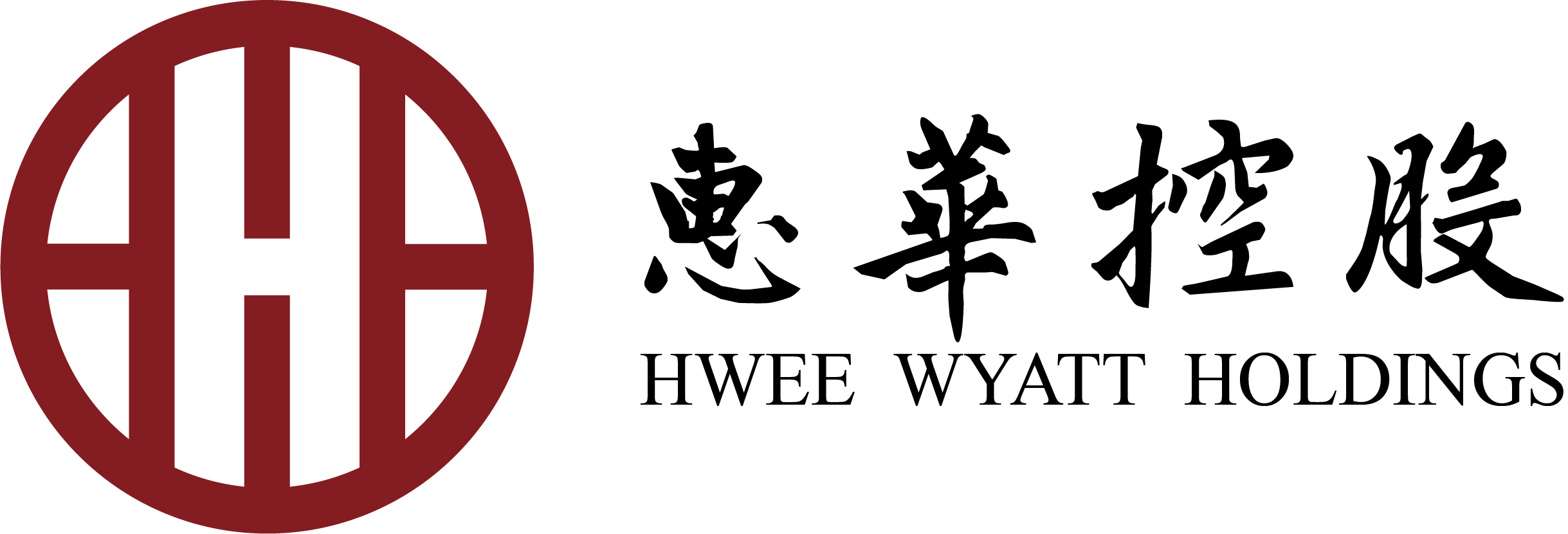NIO "Escape to Port", Make up for the lost sheep
The Chinese automotive industry, troubled by the supply chain, has finally received some different news.
On March 10, 2022, NIO completed its listing on the Hong Kong Stock Exchange through an introduction, with an opening price of HKD 160. After opening, NIO's stock rose as high as nearly 6%, and as of the time of publication, its stock price had fallen back to HKD 160.4.
For NIO, the secondary issuance through the introduction of the IPO was already one year later than planned, and it is actually a "reinforcement" move after the "lost sheep". Despite having a cash flow of over 40 billion, this car company still has a huge demand for financing due to its large strategic layout. However, according to the requirements of the Hong Kong Stock Exchange, NIO cannot conduct financing methods such as stock issuance or bond issuance within six months after its listing.
However, for this new Chinese automaker, which has the most comprehensive industrial layout and the highest product and brand positioning, being able to return to the Chinese capital market is more significant than anything else.
One year later, the sea has changed greatly
For NIO, choosing today's time point in Hong Kong, China to adopt the method of introduction and listing to "return to China" is actually a missed opportunity. Because this company submitted its listing application as early as March 2021, one year ago, earlier than Xiaopeng, which went public in July 2021, and the ideal of going public one month later.
The reason for this is that NIO once again lost sight of regulatory agencies in Hong Kong due to the confusion caused by its "user enterprise" to investors during its US stock listing roadshow. And this time, the "mistake" is the user trust.
According to the announcement released by NIO in 2019, Li Bin, the founder, chairman, and CEO of NIO, established NIO User Trust with 50 million shares under his name. In the public documents introducing the listing in Hong Kong, NIO Trust stated that its user trust entity company is NIO Users Limited, which owns 1.1% of the issued Class A common stock equity and voting rights, and will own 22.2% of the Class C common stock equity and voting rights. Li Bin is the founder, supervisor, investment advisor, and sole actual beneficiary of the company.
Although the establishment of user trust has been more than a year since NIO first submitted its Hong Kong listing materials, Li Bin and NIO CFO Feng Wei still did not explain their doubts to the Hong Kong financial regulatory authorities in a timely manner, which is clearly a regret. And this lost year directly caused NIO to miss out on 2021, which is a relatively good financing window for Hong Kong stocks.
In 2021, Xiaopeng and Ideal respectively raised HKD 14 billion and HKD 11.8 billion through a dual listing in Hong Kong. In contrast, NIO can only conduct a "secondary listing" through an introduction to the market, and cannot raise funds through additional issuance or bond issuance within six months.
NIO responded by stating that its company had approximately 47 billion RMB in cash reserves at the end of the third quarter of 2021 and completed a $2 billion financing in the fourth quarter of the same year. Currently, it has sufficient cash reserves and no urgent financing needs in the short term.
Yu Tianyu, the Managing Director of Kailian Capital and the Dean of the Research Institute, bluntly stated to Hu Wen, "There is no company that does not want to raise funds during the second round. He said that the leading Chinese concept stock companies previously listed in the United States had a great fundraising opportunity through a secondary listing in Hong Kong, and JD, which was issued in Hong Kong a year ago, was a good example. However, due to recent fluctuations in the US capital market and significant pricing issues, the valuation of relatively mature companies like NIO will be much lower, which will directly affect their fundraising scale. For NIO, it is obviously better to wait until the situation stabilizes before raising funds.
After all, since June last year, the Hang Seng Index in Hong Kong has experienced a maximum decline of over 30%. Leading internet companies such as JD.com have had their lowest P/E ratio close to 20 times, marking the cheapest period for assets of Hong Kong listed companies since the global financial crisis in 2008. If we raise funds now, I'm afraid no one around Quan Weilai would be happy.
Ultimately, the reason why NIO has overcome all difficulties in listing in Hong Kong is due to recent geopolitical factors. Let's not talk about the recent Western sanctions against Russia based on the conflict in Ukraine. The real case that occurred last month in the autonomous driving technology company "Tucson Future", which focuses on researching and developing truck freight, is already a wake-up call for Chinese autonomous driving companies and even intelligent car companies.

The preferred language on the official website of this freight autonomous driving company with its origin in China has become "English". Image source: Tucson Future Official Website
In April 2021, Tucson Future raised $1.35 billion (approximately RMB 8.533 billion) in its initial public offering. At the same time, the US federal government launched an investigation into Tucson Future, with a focus on its relationship with China. It is reported that Sina is the major shareholder of Tucson's future, and its executives Cao Guowei and Bonnie Yi Zhang are members of the latter's board of directors.
In February of this year, Tucson reached an agreement with the US federal government to transfer some technical supervision rights of the autonomous truck business to the US government in the future. The company will adopt a technology control plan to restrict its China branch's access to autonomous driving data, which mainly includes information such as source code and algorithms for the autonomous driving truck business. The two board members related to Sina within the company will resign after the end of this year's term. Sun Dream, a subsidiary of Sina, has agreed not to appoint new directors. Meanwhile, Sina has agreed not to increase its holdings in Tucson's future shares, but will not be forced to divest its current holdings. According to Tiger Smell, Tucson's future business in China is currently nearing a halt, and the company's development focus will shift comprehensively to the US market.
”It can be seen that geopolitical factors have never had the same impact on the smooth operation of China's automotive industry as they do today. Compared to traditional cars, the information and data security issues involved in smart cars have attracted the attention of governments around the world. Zhang Junyi, a director and partner of Aowei Consulting, told Hu Wen. NIO needs to have an additional 'back door' outside the US market. Listing in both markets at the same time is conducive to stabilizing NIO's stock price and reducing the impact of trade frictions between China and the United States
Li Bin has arrived in his loyal Chinese capital market
Compared to 2019, NIO has now become a leader in the domestic high-end intelligent electric vehicle industry in mainland China, gaining recognition from the market and investors. Less than three years ago, NIO was on the brink of bankruptcy due to its inability to obtain financing, and it gradually emerged from the predicament only after receiving a 7 billion yuan investment fund from the Hefei Municipal Government. Li Bin recalled his bitter experience of "changing money" in 2019 in an interview with CCTV's "Meeting Big Guys" program, but he also bluntly stated that if he were an investor, he would not have dared to invest in NIO at that time.
Nowadays, NIO, which is listed in Hong Kong, not only reduces the impact of geopolitical factors, but also provides investors with a clearer perspective on this Chinese company. After all, Hong Kong is closer to mainland China, and a flight of less than three hours can give way to the capital tycoons located in the Oriental Pearl to reach NIO's research and development center in Shanghai. In addition, the latter can drive NIO's electric vehicle as long as they cross the Shenzhen River.

More importantly, in just over half a year, mainland Chinese funds will be able to flow to NIO's listed entities in Hong Kong. According to the inclusion rules of the Shanghai, Shenzhen, and Hong Kong Stock Connect, companies like NIO with "same stock but different rights" (- W) can be included in the Hong Kong Stock Connect stock list if they have been listed for 6 months and 20 trading days, and meet the inclusion conditions of other Hang Seng Composite Index and Hong Kong Stock Connect. On February 9th and 18th, Xiaopeng Automobile was included in the list of Shenzhen Hong Kong Stock Connect and Shanghai Hong Kong Stock Connect. It is expected that Ideal Automobile will also be included in the Shanghai Shenzhen Hong Kong Stock Connect list this month, becoming an investment target for domestic individuals and institutional traders.
In fact, some investment institutions have stated to Tiger Smell that they are increasing the allocation ratio of the new energy vehicle sector held in their funds. I believe that with the fundraising activities launched by NIO in the Hong Kong stock market six months later, this new car making force will continue to reap a large amount of funds. Although Wei Lai himself says he doesn't lack money, there are also many places to spend money. According to the information, NIO aims to enter 25 countries and regions by 2025 and provide services to local users. That is to say, in addition to selling cars, battery swapping and service systems will also be implemented in these countries. At the same time, NIO will also build 4000 replacement power stations globally by 2025, with over 700 new ones built each year, and the total amount of supporting batteries will be close to astronomical figures.
According to the leaked suspected gambling terms between Hefei State owned Assets and NIO, it can be seen that the latter aims to achieve a revenue of 120 billion yuan by 2024 and launch 6-8 models; From 2020 to 2025, the cumulative total revenue was 420 billion yuan, with a total tax revenue of 7.8 billion yuan. It will be listed on the Science and Technology Innovation Board before 2025. Otherwise, strategic investors have the right to demand NIO to repurchase shares at an annual interest rate of 8.5%.
To quote Li Bin, NIO is just a little boy who has just left the ICU ward and is less than 8 years old. "Zhang Junyi finally told Hu Wen," His every move has made history in the Chinese automotive industry. "Therefore, obtaining funding support from the motherland through Hong Kong is definitely a great thing for NIO.
Finally, Li Bin arrived at his loyal Chinese capital market.












Please first Loginlater ~